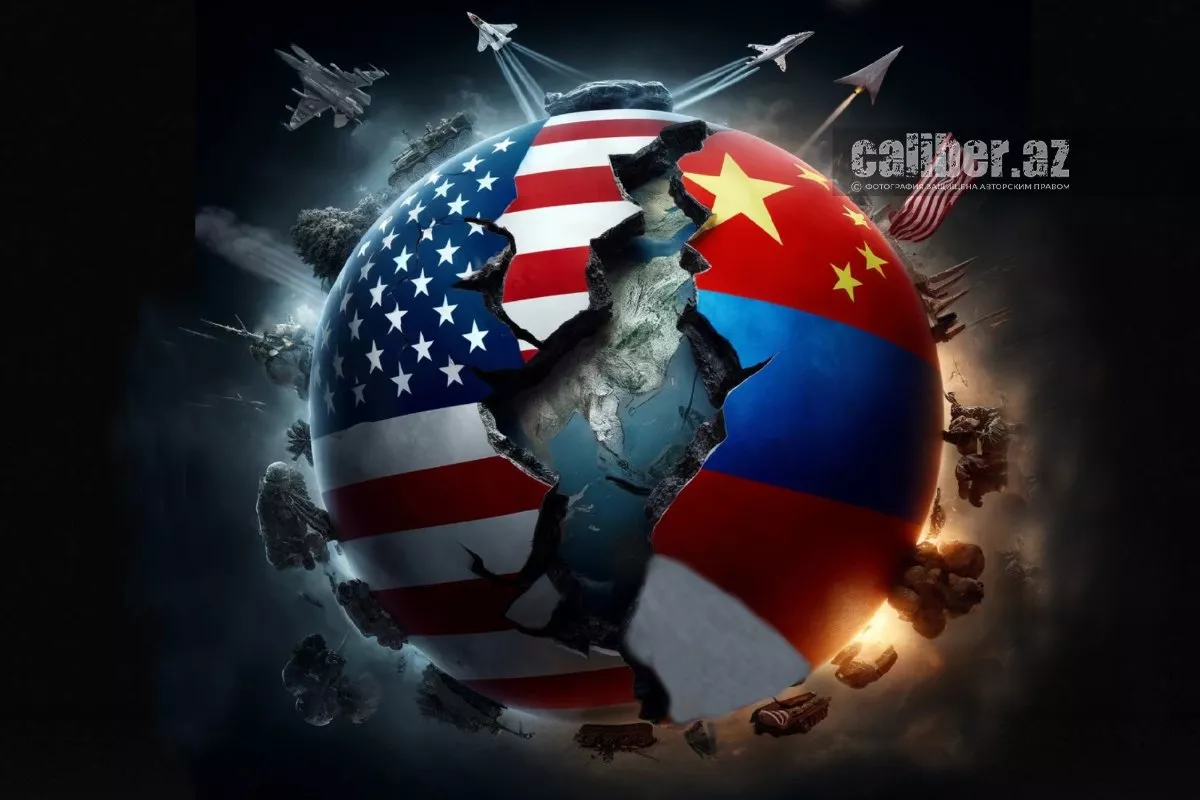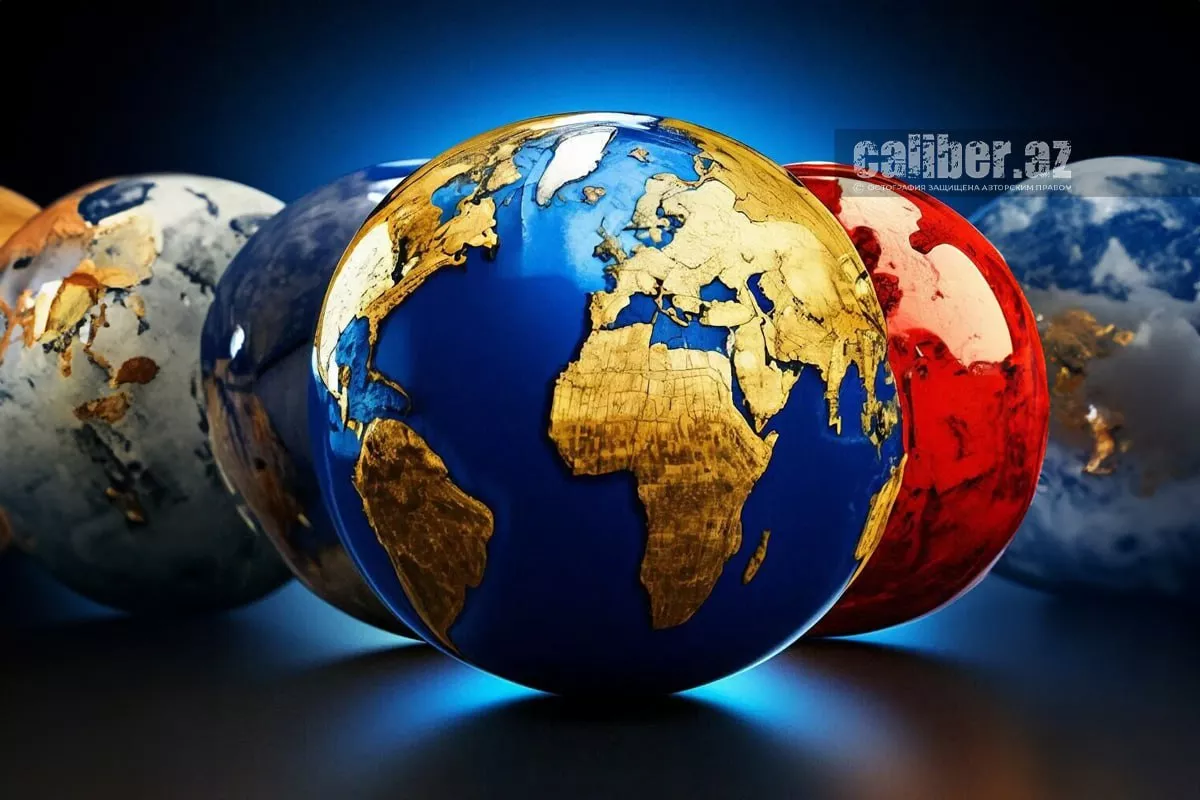The paradox of global leadership To leave or not to leave?
We live in a remarkable time. So remarkable, in fact, that we are no longer surprised by anything. We increasingly resemble ostriches, and more and more people prefer their small, cosy world to the vast expanses of the Earth, with its multiplying storms and nightmares.
There was a time when we were amused by stories about the apolitical nature of certain segments of Western and especially American society. Many citizens in the U.S. were, and still are, indifferent to major events happening in various parts of the world, limiting their interests to the geography of their town or village. Another coup, war, and the death of hundreds of thousands of people don’t concern them in the slightest. However, a whale washed up on the shore or a dog that ran away from home becomes the number one topic. Elections for the village council are far more significant than the candidacy of the new UN Secretary-General. And so on.
Let’s not forget that 58% of U.S. citizens do not have a passport. More precisely, they do not have an international passport (since such a concept does not exist in America), but a regular U.S. passport, which allows them to travel abroad. For domestic purposes, they have driver’s licenses or simply identification cards without the right to drive. This means that almost 60 per cent of the U.S. population has never been abroad. Adding in illegal immigrants—around 11 million of them, who, by definition, cannot leave the country—and the picture becomes clear. It’s also worth noting that ten years ago, the number of "passportless" individuals reached 73%, and the increase in passport ownership is linked to the U.S. Congress's decision to require a passport for trips to Canada, Latin American countries, and the Caribbean (previously, one could travel with just a driver’s license or an ID card).
But let’s return to the active indifference of the majority of Americans. Today, it increasingly appears as a survival technique. The extraordinary has become too routine, crises seem too mundane, and the flow of information is too contradictory. Therefore, the average person, in the majority, hastens to close themselves off in their shell, where they don’t starve, where they aren’t killed by bombings, where celestial bodies don’t threaten to knock the Earth off its orbit, and where everything is predictable.

This indifference has an interesting philosophy. Nothing human is foreign to the average person, and they feel sympathy for the unfortunate in the Democratic Republic of Congo, Palestine, Sudan, or Ukraine. But why should they worry about them more than the “Democongolese,” Palestinians, Sudanese, or Ukrainians themselves? Let them figure it out. The fact that they won’t figure it out doesn’t concern anyone.
Thus, a gaping hole has appeared in the office of the “world’s sheriff.” The U.S. has withdrawn, and no one is eager to replace it. The role is a troublesome one; global "peacekeeping" is a thankless job. Afghanistan alone was a major burden! And it continues to be. It will still cost, I assure you.
A paradox arises. One must decide whether “to leave or not to leave.” Either more countries will shift towards active isolationism, or someone will have to move into a new weight class. But who? China? The Middle Kingdom will not transition. Beijing, faithful to its thousand-year-old traditions of doing business on the principle of “hasten slowly,” may allow the waves of events to carry it to the right position, but that will take decades.

The world order has faltered, the plaster is crumbling, in some places the wind has blown off the roof, and rain is pouring over shelves filled with heavy volumes of declarations and various regulations. Simply placing basins and attaching umbrellas to the roof won't help. It’s not enough. A complete overhaul is needed. The long-criticised and sorrowful UN must either be reformed or accept the inevitability of ceasing to exist in its current form. It won’t disappear entirely, the blue flag won’t vanish, but it can no longer fulfil its former role. From here, it will only get worse. At the same time, regional organisations are becoming more active, and the role of individual players is growing, filling the vacuum (substantively, financially, and even militarily).
The answer to the question in the title of the article is not easy to find, even almost impossible, because it must be synchronised. The inability to find an answer will lead to everyone having to leave… and from everywhere. Or will someone find a way to leave in order to stay? If so, let them speak up.








